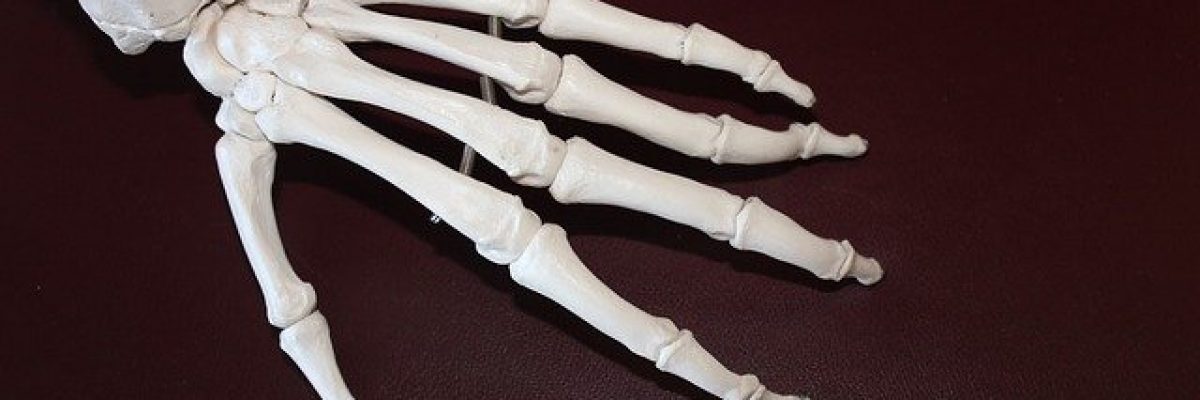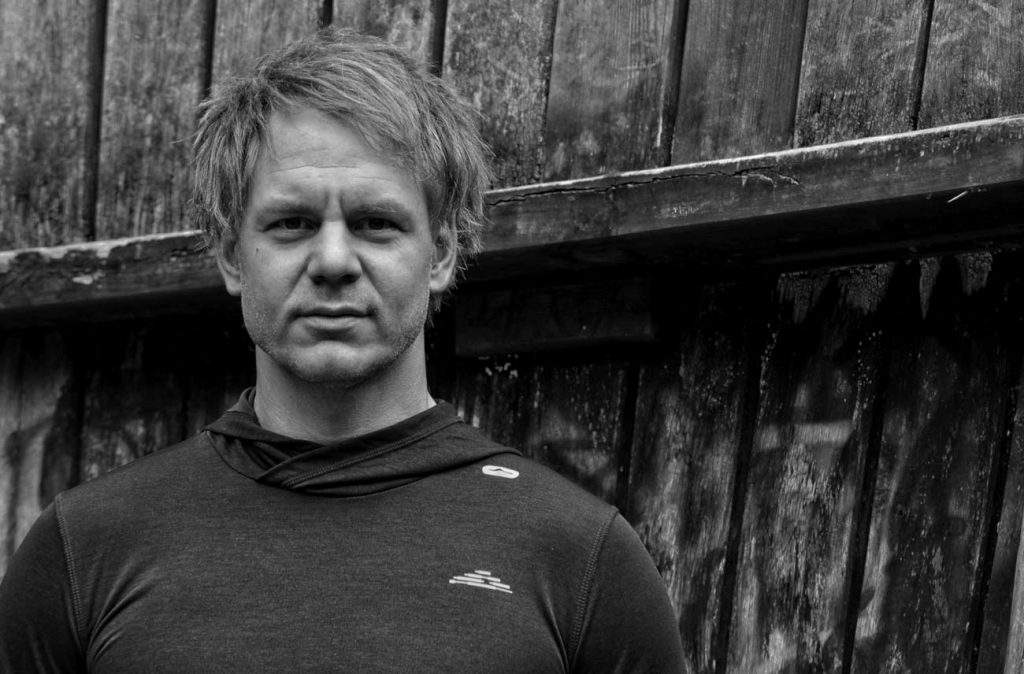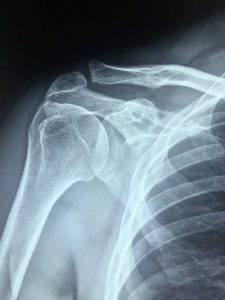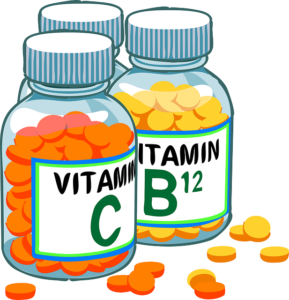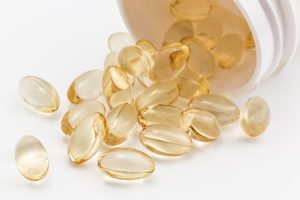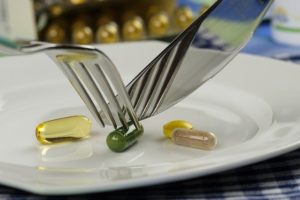The pain relieving expert shows some new ways dealing with Osteoporosis. Bones fulfil four important functions. Three of them – structural support, protection of organs and production of red blood cells. And a fourth – somewhat less known: The storage of minerals that can be used by other parts of the body when needed.
An adult over 35 needs around 200-300mg of calcium a day. This is already achieved with a glass of milk (300mg), a 150g soy yoghurt (260mg) or a slice of cheese (200mg). Hmm… So what is the problem?
How is osteoporosis conventionally treated? What does standard medicine say? Treatment by taking large amounts of calcium. But: This does not improve the strength of the bones. It is like finely ground lime being blown into the cracks of an earthquake-damaged building to restore its structural integrity. A treatment that only deals with the symptoms, not the cause. There is no lack of calcium in the diet, but a “shift” of calcium from the bones to other parts of the body. Because the calcium has to go somewhere, it does not just evaporate, does it?
When the concentration in the blood drops below the basic level, calcium can be “pulled” out of the bones. Still interested? Then let’s get started. ![]()
There are a lot of scientific evidences that reversing the scorbute improves bone density, reduces the risk of fractures and significantly lowers overall mortality. What is Scorbut? A severe vitamin C deficiency. If vitamin C is not present, bone-forming osteoblasts cannot form. Furthermore: A vitamin C deficit in the bones immediately increases oxidative stress in this area. Oxidative stress is a destructive process that severely affects the production of healthy bone matrix.
Studies in cell cultures, animals and humans have confirmed the role of oxidative stress in the cause and development of osteoporosis. Neutralising oxidative stress in bone through the antioxidant properties of vitamin C is another way in which vitamin C can prevent or reduce the development of osteoporosis. Several clinical studies also demonstrate the importance of vitamin C supplementation in preventing bone loss.
In contrast to diet alone, a 17-year study of broken bones involving almost 1,000 people between the ages of 70 and 80 years showed the need for and benefits of additional vitamin C supplementation. The researchers reported that taking vitamin C through the daily diet alone, without supplementation, did not provide protection against fractures.
I think that is very, very interesting. ![]() I would be pleased to show you in the 2nd part on the same topic what is further possible. And what kind of vitamin C has the best absorption in the body. Only so much – pure vitamin C powder – that is not it.
I would be pleased to show you in the 2nd part on the same topic what is further possible. And what kind of vitamin C has the best absorption in the body. Only so much – pure vitamin C powder – that is not it.
Ask, if you have any questions.
See you next time.
Stay strong.
Matti

